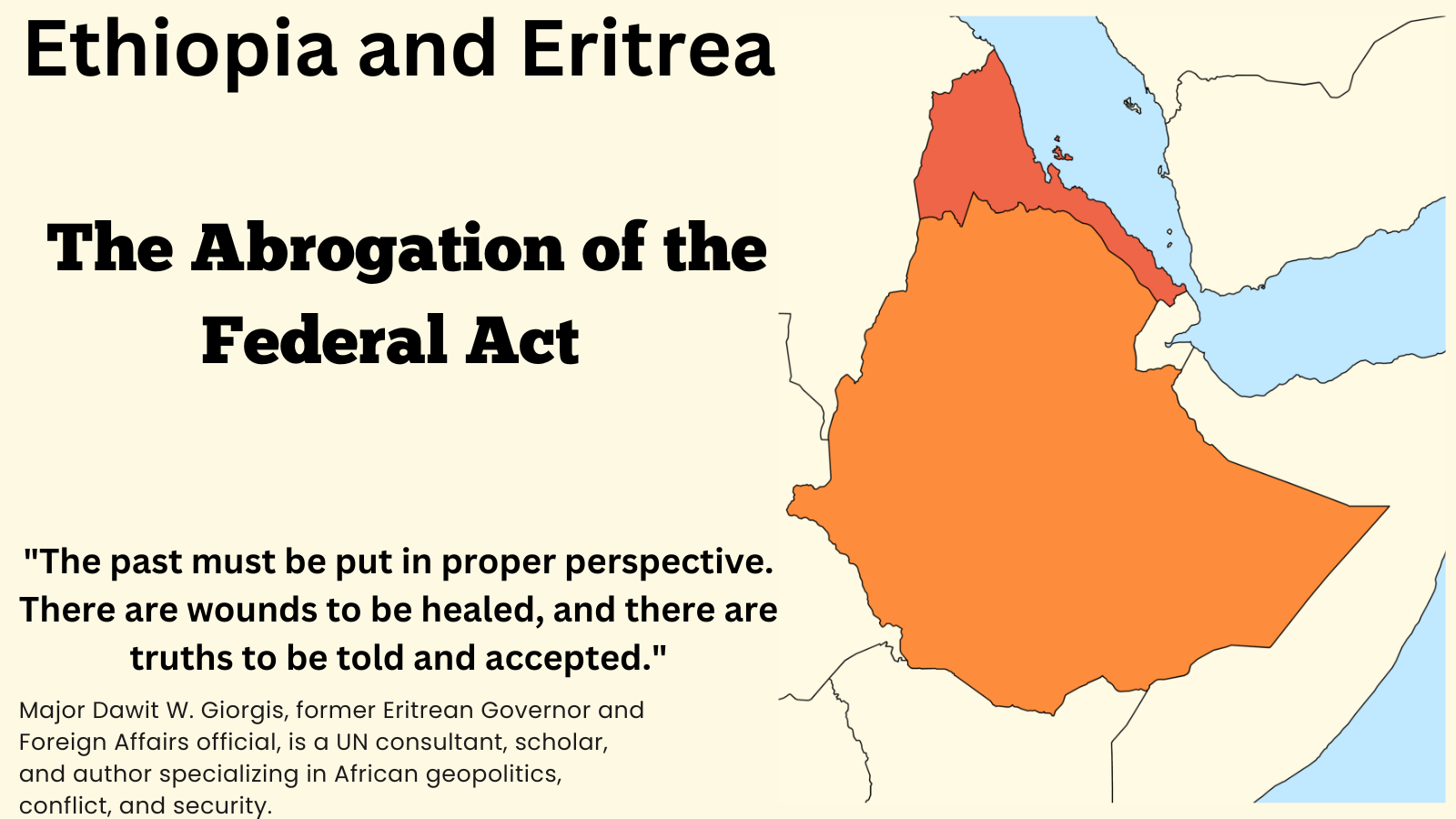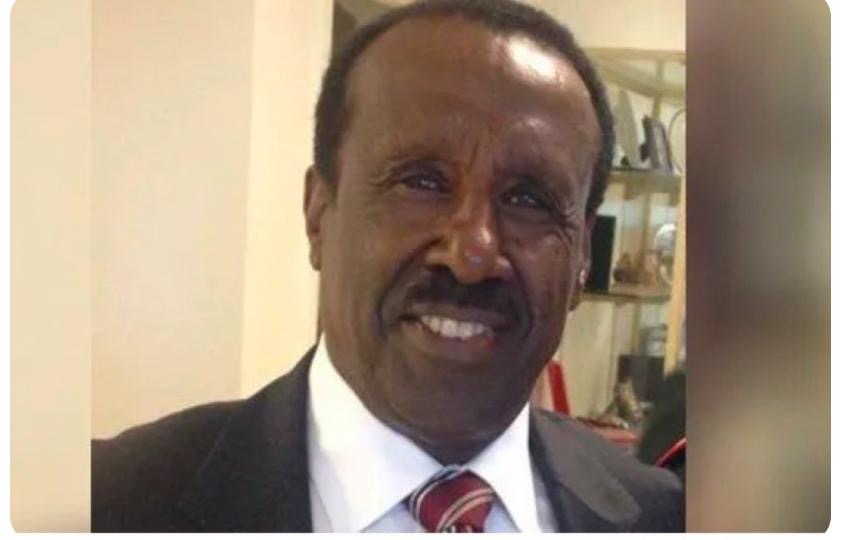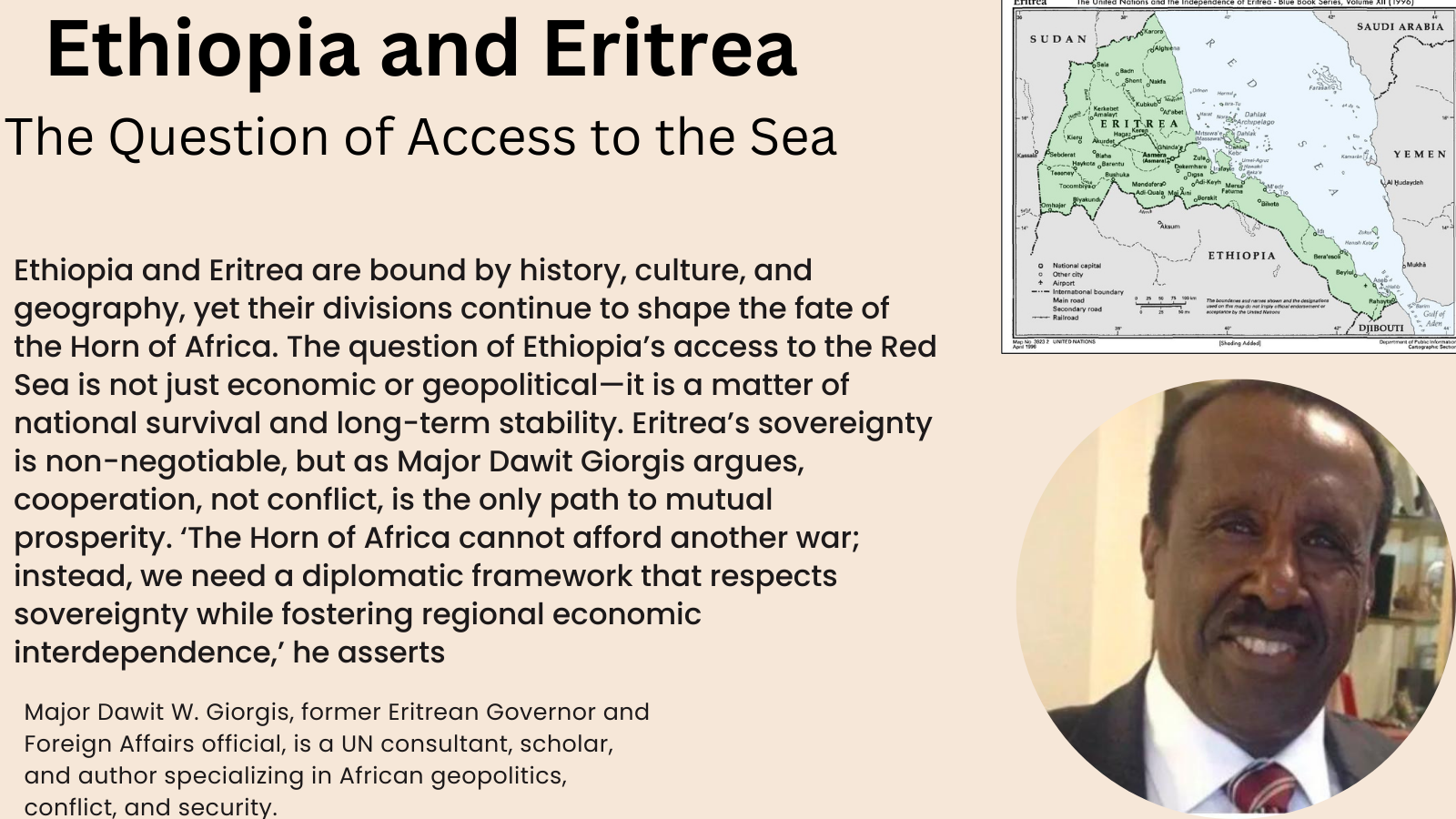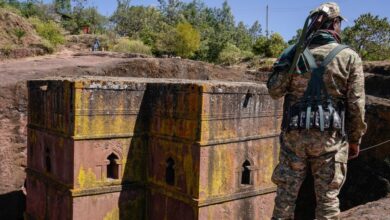Ethiopia: Indiscriminate Mass Arrests in Amhara Region Spark Outrage
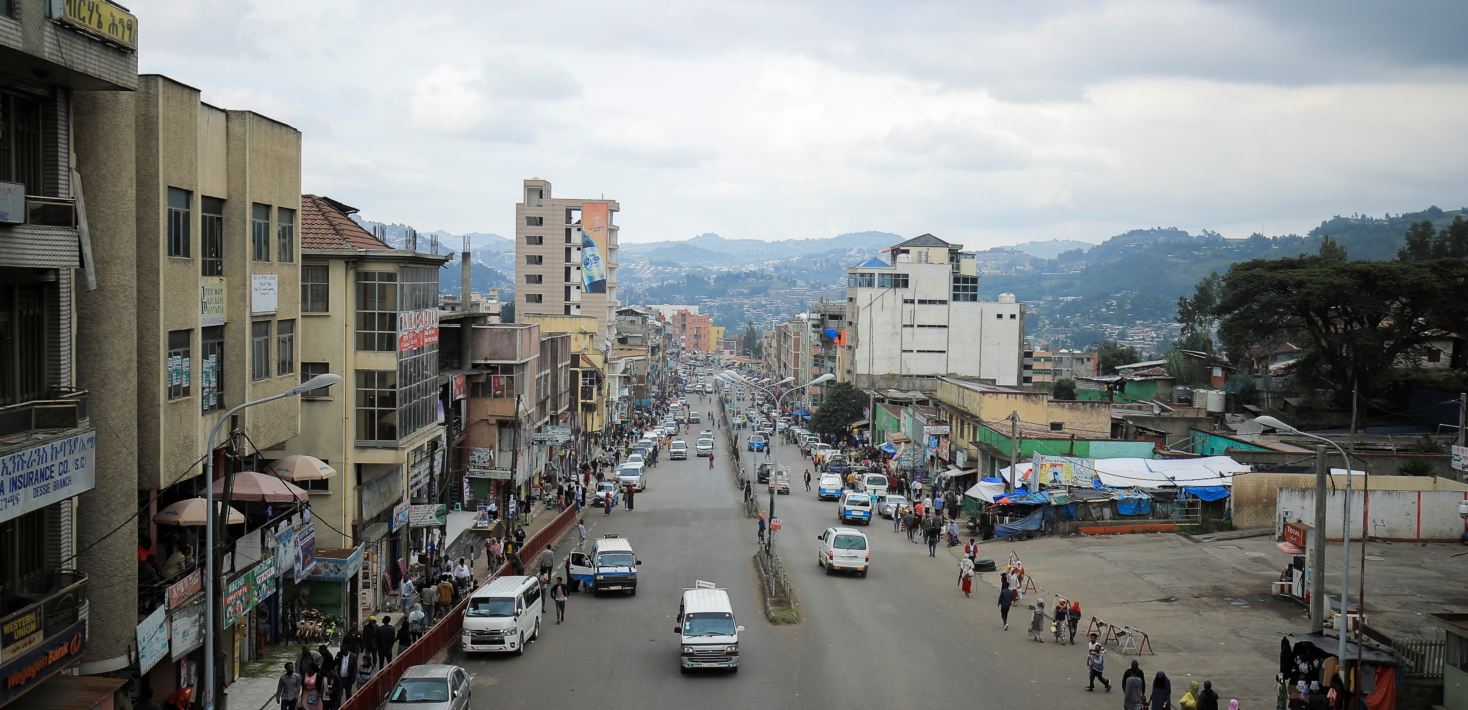
In the past few days, the Ethiopian government, led by Prime Minister Abiy Ahmed, has escalated its campaign of mass arrests across the Amhara region, with a special focus on cities such as Bahir Dar, Dessie, Debre Berhan, Debre Tabor, and Woldia. This Oromo Prosperity Party led mass arrest campaigns is affecting people from all walks of life, including young individuals, women, respected community members, academics, doctors, university professors, and investors. Sources report that police, military, and security forces are conducting these arrests arbitrarily, without warrants or formal charges, sparking growing concerns over human rights violations.

Eyewitness accounts describe individuals being detained at their homes, workplaces, and while traveling. Hundreds have reportedly been transported to makeshift detention centers, including an Ethiopian National Defense Force (ENDF) construction camp in the city of Bahir Dar. (Amnesty International). Amnesty International has condemned these actions, citing the Ethiopian government’s “total disregard for the rule of law” and calling for the immediate release of those detained unless legitimate charges are pressed (Foreign Affairs).
Widening Crackdown Beyond Amhara
What began as a regional crackdown has since expanded, with similar arrests reported in the Oromo region, specifically in Wollega, where individuals of Amhara ethnicity, including regional administrators, have been detained. High-ranking officials such as Kassa Ketema, the administrator of Village 25, and Hassen Ali, the administrator of Village 21, have also been imprisoned. Reports suggest that these individuals, along with many others, are being held at a location known as Abe Dongoro, Wollega. (Tolerance.ca).
The Ethiopian army and police’s ongoing campaign of arbitrary mass detentions in Amhara region is yet more evidence of the government’s total disregard for the rule of law.
Tigere Chagutah, Amnesty International’s Regional Director for East and Southern Africa
This crackdown appears to be part of a larger strategy to dismantle Fano, an Amhara resistance group that previously played a crucial role in defending the Amhara people when Tigray People’s Liberation Front (TPLF) invaded the Amhara region, but has since been singled out by the by Oromo Prosperity Party as the main obstacle for achieving hegemony. Over the past year, Fano has gained control over much of the Amhara region, prompting the government to redirect ENDF forces from other critical border areas to crush the militia and suppress dissent. This latest military operation marks an attempt by the government to reassert control over a region that has increasingly slipped out of its grasp (JURISTnews).
Internet Blackout and Information Blockade
Adding to the concerns, the government has shut down internet services across the Amhara region, making it difficult for news of the arrests and other government actions to reach the outside world. This blackout has further complicated efforts to assess the full scale of the arrests and detentions. Human rights organizations, including Amnesty International, have expressed deep concern over the lack of transparency and the potential for further abuses during this period.
International Condemnation and Human Rights Violations
Amnesty International has documented numerous human rights violations in Ethiopia in recent months, including attacks on journalists, harassment of civil society members, and arbitrary arrests. The recent detentions of academics, civil servants, and community leaders only further highlight the growing authoritarianism under Abiy Ahmed’s administration. In its most recent statement, Amnesty called on the Ethiopian government to immediately end these arbitrary detentions, charge those detained with legitimate crimes, or release them unconditionally.
This wave of arrests represents a dangerous escalation in Ethiopia’s ongoing political crisis, as the government intensifies its efforts to silence opposition and consolidate control in a region historically resistant to illegal exercise of power.
For further details, you can read Amnesty International’s full report here.

